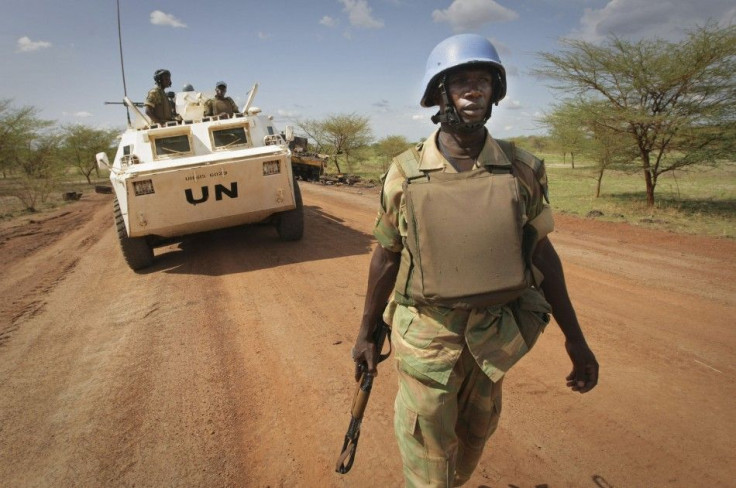U.N. Sends Troops to S. Sudan: What Does it Mean?

The United Nations has sent a battalion of combat-ready peacekeepers to South Sudan in response to cattle raids and mounting violence.
In the Sudan, ethnic conflict is always the first assumption in such situations, and even though this recent violence started with soldiers stealing cattle, ethnic hatred is the motivating force. And the U.N. is taking it seriously.
“I am deeply concerned to learn of reports of this imminent large-scale attack on civilians in Jonglei state,” Hilde F. Johnson, the UN Secretary-General's special representative for South Sudan, said in a statement. “The government must act now if we are to avert a major tragedy.”
In Jonglei state in South Sudan, the cattle raids have triggered ethnic battles between the Lou Nuer and Murle people that have so far seen around 1,000 casualties, most of them women and children, according to the BBC.
In recent weeks, a force of up to 6,000 Lou Nuer men have marched through Jonglei, burning entire villages, seizing cattle and engaging with Murles. Cattle are especially important to the Nuer, primarily for economic reasons but also for religious and symbolic reasons as well. Cattle are the chief dowry prize for the group.
In the past, South Sudan Armed Forces soldiers have confiscated cattle from the Nuer.
The U.N. peacekeepers have been deployed to the town of Pibor, where Lou Nuer warriors are reportedly preparing an attack. Tens of thousands of Murle have already fled the town in fear of violence.
We are very concerned by the scale of this, U.N. humanitarian coordinator in South Sudan, Lise Grande, told the BBC
The UN is facing enormous logistical challenges - we still have no military aircraft, only civilian helicopters, she added.
South Sudan
South Sudan is the world's newest country. The new republic celebrated its independence day on July 9, 2011, but the infant nation is already on the brink of war with its northern neighbor yet again.
For nearly five decades, Sudan has been ripped apart by war, ethnic conflict and attempted genocide. The northern and southern halves of the country are split religiously, tribally and economically and the two sides have fought bitterly and ceaselessly.
The South's secession was a requirement of the treaty ending the civil war of 1983 to 2005, and while the independence celebrations were peaceful and joyous, violence occurred in the weeks and months before and after it. Sudan-led airstrikes still pound the southern border state of Unity and both country's are still in dispute of the Abyei region.
Despite the general North-South ethnic divide there are still many tribes loyal to Sudan in South Sudan, and vice versa.
The Nuer warriors are fabled in Africa -- they one of the few tribes to successfully fight off European imperialists -- and while they were neutral during the Second Sudanese Civil War, they fought their own war against the Dinka people, the primary ethnic group of South Sudan.
But even though the Lou Nuer are not strictly associated with the Sudanese army, the U.N. presence and the riding violence are indications that while leaders talk of peace, the countries are far from achieving it.
© Copyright IBTimes 2024. All rights reserved.





















